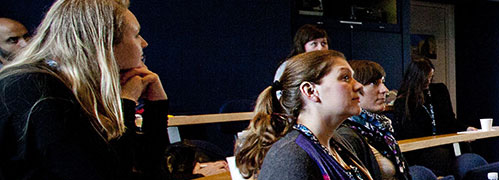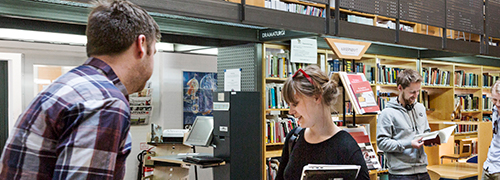- AU Library
-
Use the library
Collect and return
Libraries
Facilities
Need help?
-
For students
When you study
When you search for literature
When you write assignments
-
For researchers
When you conduct research
When you publish
Information seeking
Support
-
For teachers
Teaching resources
For your students
Courses from AU Library
- Opening hours
Opening hours


